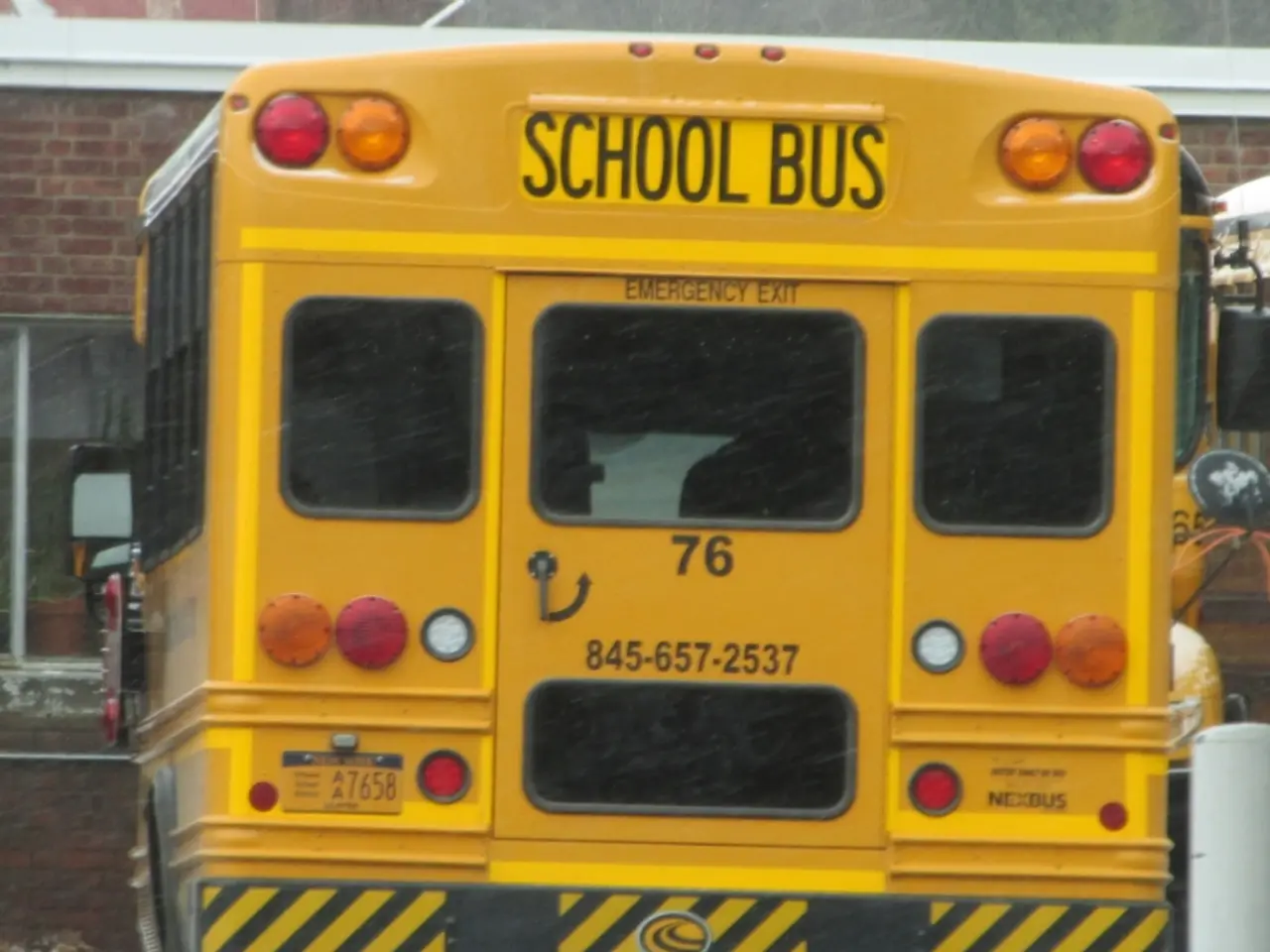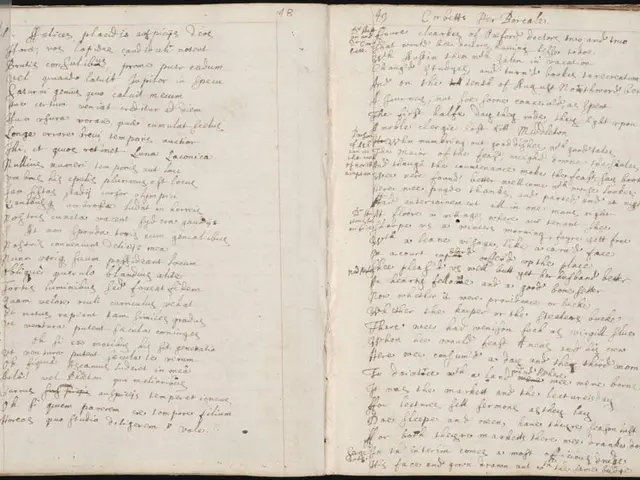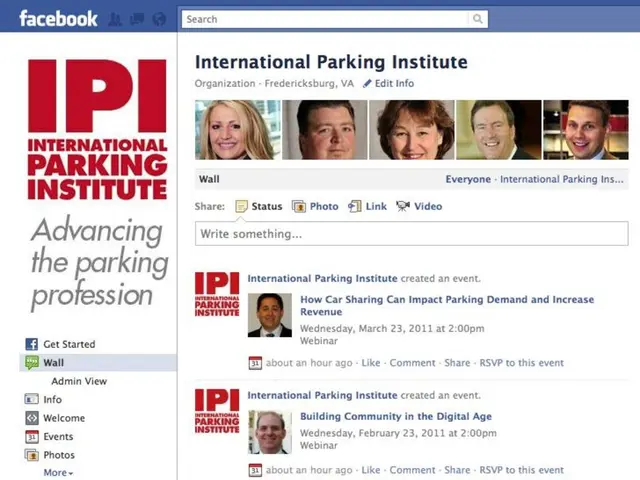Delhi advances with School Fee Regulation Bill 2025, Chief Minister Rekha Gupta declares, "Equity for all..."
The Delhi Assembly has passed the Delhi School Education (Transparency in Fixation and Regulation of Fees) Bill 2025, marking a significant milestone in the regulation of private school fees in the national capital. The bill was tabled in the assembly during the Monsoon session of the Eighth Legislative Assembly, which commenced on Monday and ended on August 8.
The key points of the bill, as stated by Chief Minister Rekha Gupta and Education Minister Ashish Sood, aim to bring transparency, parental involvement, and stringent oversight to private school fee structures in Delhi.
Establishing a Common Regulatory Framework
The bill establishes a common regulatory framework for all private schools in Delhi, recognised and unrecognized, to oversee school fee fixation. This move is aimed at curbing arbitrary fee hikes and the commercialisation of education.
Three-Tier Fee Regulation Mechanism
The bill creates a three-tier fee regulation mechanism. The School Level Fee Regulation Committee, to be set up by each school by July 15 every year, will be chaired by the school management's nominee and includes the principal, five parents (randomly selected from the PTA), three teachers, and a government nominee as an observer. At least one member from SC/ST or backward classes and two women must be included in the committee. Approval for fee hikes requires unanimous consent, and if even one parent member objects, fees cannot be increased.
Fee Hikes and Approval Process
Schools can raise fees only once per academic year and must submit a formal application with audited financial disclosures detailing facilities, expenditures, and teaching standards for prior approval. Once approved, fees are fixed for three academic years, preventing annual arbitrary hikes.
Penalties for Unauthorized Fee Hikes
Unauthorized fee hikes may attract penalties from Rs 1 lakh to Rs 10 lakh, doubling if excess fees are not refunded, and repeat violations could lead to school de-recognition or government takeover.
Emphasis on Transparency
The bill emphasizes transparency by requiring schools to disclose fee proposals, facilities, and expenses upfront.
A Relief for Parents and Students
Chief Minister Rekha Gupta described the bill as a landmark step protecting parents’ rights. She noted that it addresses failures by the previous government in managing school infrastructure and corruption issues, asserting that education must not become a profit-making venture. Education Minister Ashish Sood called the bill a balanced and permanent solution that shifts focus back to education as a sacred duty and not commercial profit, benefiting Delhi's 18 lakh schoolchildren and their families.
CM Rekha Gupta stated that this is the first time since 1973 that a government in Delhi has done justice to all parents in a transparent manner. She greeted the media after the bill was passed, stating that the 52-year-long 'vanvas' of the parents in Delhi has ended.
The passing of the bill provides relief to lakhs of students and their families, marking a significant step towards ensuring fair, justified, and regulated school fees in Delhi.
- The bill, passed in the Delhi Assembly, targets the education sector in India, aiming to regulate private school fees, specifically in Delhi, through a newly established common regulatory framework.
- Bollywood actress Rekha Gupta, the Chief Minister of Delhi, praised the bill for its emphasis on transparency, stating it would prevent commercialisation in education and protect parents’ rights, justifying a relief for millions of students and their families.
- As cricket matches in local parks are a common sight in Indian neighborhoods, this bill also introduces a three-tier fee regulation mechanism, ensuring general news coverage to follow the approved fee hikes process and implementation consequences for unauthorized actions, thereby promoting fair practices in private schools.








